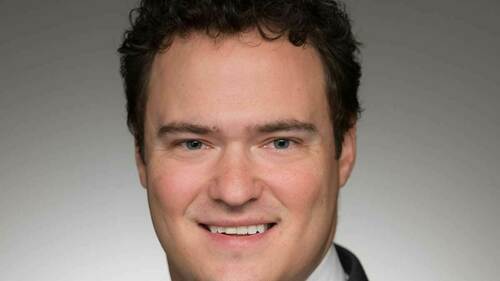
Firms hire auditors to create independent assessments of their financial statements, providing assurance to investors and outside parties that they are free from material misstatement.
However — especially since the economic downturn — companies pressure auditors to lower their fees as a way to reduce costs. Auditors, in turn, place greater emphasis on more-profitable non-audit services, such as consulting, which can negatively impact audit quality, according to new research from the University of Notre Dame.
“How do Audit Offices Respond to Audit Fee Pressure? Evidence of Increased Focus on Non-audit Services and their Impact on Audit Quality” by Erik Beardsley, assistant professor of accountancy in Notre Dame’s Mendoza College of Business, along with Dennis Lassila of Texas A&M University and Thomas Omer from the University of Nebraska-Lincoln, is forthcoming in Contemporary Accounting Research.
The team examined audit fees, non-audit fees and client misstatement rates of 561 audit offices from 2004-2013.
“Audit offices experiencing audit fee pressure appear to focus more on providing non-audit services in relation to their total fees,” Beardsley says, “and we find that when they do that, audit quality suffers.
“If financial statements are misstated, then later re-stated,” he says, “it means the auditor didn’t catch the misstatement before the financial statements were presented, meaning audit quality was low.”
Beardsley says firms and investors should be wary of auditors trying to sell more non-audit services, which has been an ongoing concern for the Public Company Accounting Oversight Board. The board has focused on whether non-audit services impair auditor independence and whether it has an effect on audit quality.
The Sarbanes-Oxley Act of 2002, enacted in response to a series of high-profile financial scandals including Enron and WorldCom, set requirements for all U.S. public companies in an effort to improve corporate governance and accountability. Among these requirements were restrictions on the type of non-audit services an auditor may provide.
Beardsley notes, “These restrictions put in place in the early 2000s certainly decreased the amount of non-audit services that auditors provide. However, some firms seem to be focusing on them again, and our study suggests that this could be due in part to the reduced profitability of audit engagements.”
Contact: Erik Beardsley, 574-631-8674, Erik.L.Beardsley.1@nd.edu